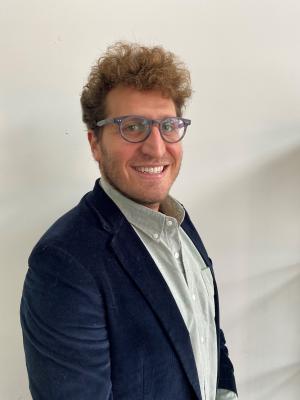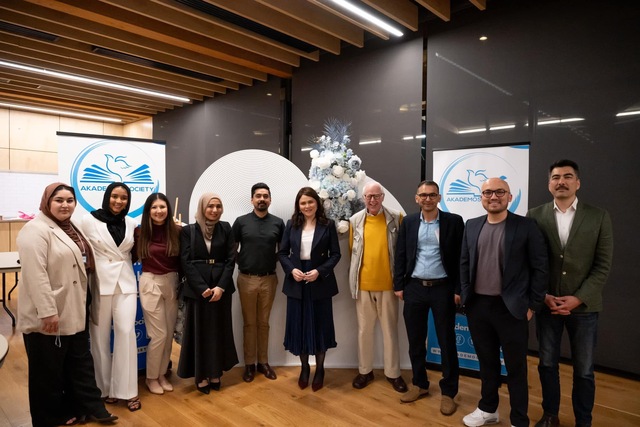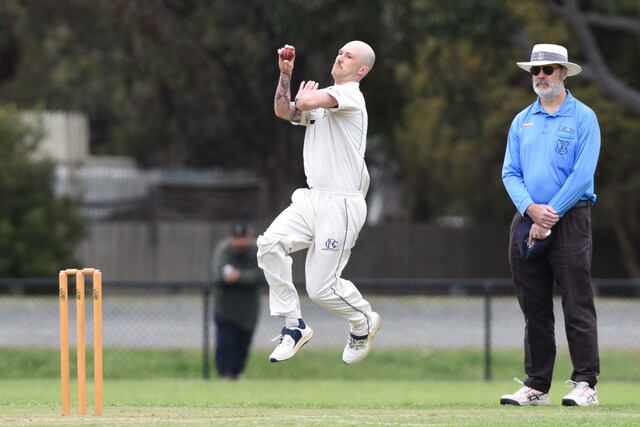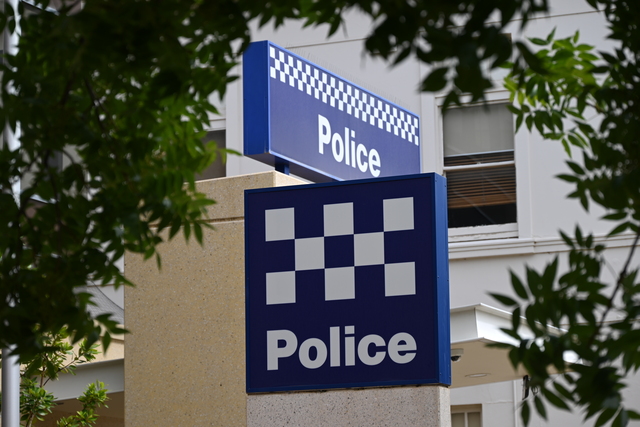As humans we often think that we have control over our lives.
An entire genre of merchandise exists with the sole purpose of helping people plan their days using diaries, calendars, and organisational charts.
These are great and have improved our time management and quality of life.
Yet the uncertainty that the last 18 months has brought into our lives has taught us that as much as we plan and focus on the things we want to do and achieve, we are not in control.
“Mann Tracht, Un Gott Lacht”- “Man plans and G-d laughs” – is an old Yiddish saying with a meaning that eschews the concept of karma and instead affirms the Jewish belief that everything in the world is purposeful.
Judaism teaches that G-d not only created the world, but also created each tiny detail.
Nothing is random, everything that occurs is intentional and according to the will of G-d.
This is known as “Hasgacha Pratit” or ‘Divine Providence’.
The pandemic has taught us that what happens to every person affects others.
It reminds us that we do not live in silos.
If anything, the pandemic has reminded us that each person is responsible for each other.
The measures put in place from lockdowns to social distancing therefore become acts of compassion and care, as we try to protect those around us from illness.
The pathogen has taught us that no one is immune; our focus is on ensuring that our loved ones are safe and protected.
It has taught us that we each have individual responsibility to do our bit for the collective good.
While we had good lives before the pandemic, we did not realise just how blessed we were to be able to gather in groups, visit loved ones, sit in our houses with friends, have access to childcare or spend time doing normal things like sit in a cafe.
We only realised how extraordinary our ordinary lives were once it was all taken away from us.
Judaism teaches us that there is never room for despair.
Because wherever you land, G-d is with you and once all the dust is settled, you are in exactly the place where you are meant to be.
Eventually the world will return to normal and along with normalcy it is possible that we may return to a sense of complacency, forgetting the lessons we have learned over this period.
Do not lose sight of what is important nor lose our hope, remain optimistic about the goodness of people — which has been so evident in our wider community over the last year and a half.







